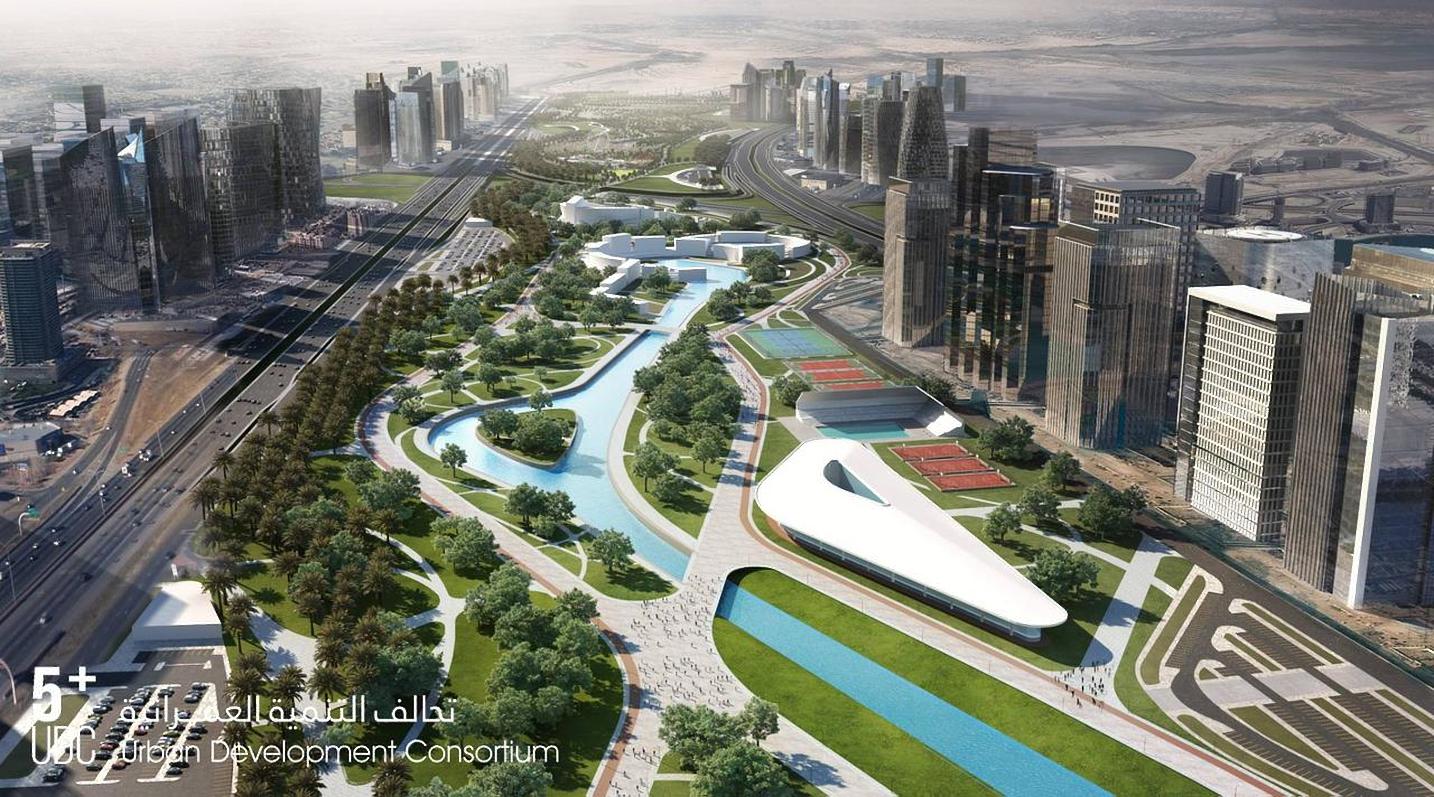Egypt is on the brink of establishing the first cashless city as its new administrative capital in the coming years.
The North African country has entered into talks with MasterCard to discuss investing in Egypt’s electronic payment systems.
Egypt’s minister of communications Amr Talaat has already held discussions with the president of strategic growth at Mastercard, Michael Froman.
Discussions focused on Egypt’s quest to roll out a cashless city soon.
According to Mr Talaat, the cashless city would encourage e-commerce, which is currently increasing in trade activities.
The initiative should also make Egypt a regional hub for such cross-world industry, according to Talaat.
New cashless administrative city
Last year Egypt’s government revealed that the new administrative city will take a new modern path. It would become Egypt’s first smart residential city.
The city is billed to become sustainable with reservation of units done electronically and with different payment methods.
The cashless city will see the construction of what has been described as French-inspired ‘Garden city’.
The city will also have the largest airport as well as the largest Opera house in the Middle East.
The construction of the cashless city started about three years ago and is expected to be almost as big as Singapore at 700 sq km.
About 1.5 million jobs are expected to be created as result of the creation of the city, according to head of Arab contractors, Moshen Salah.
Africa still dependent on cash
The 2018 African cash report reveals that Africa as a whole is still very dependent on cash.
The continent has a high unbanked populations and large informal economies with a steady demand for cash.
The report said while the introduction of digital and mobile payments may disrupt cash in some regions, it is very unlikely this will replace cash.
In South Africa and Namibia where there is higher financial inclusion and more mature banking infrastructure, cash is still a highly utilized means of transaction.
According to the report Nigeria, Zambia and Morocco, where there is much lower banking penetration, there is an even stronger reliance on cash.
Source: Africafeeds.com


